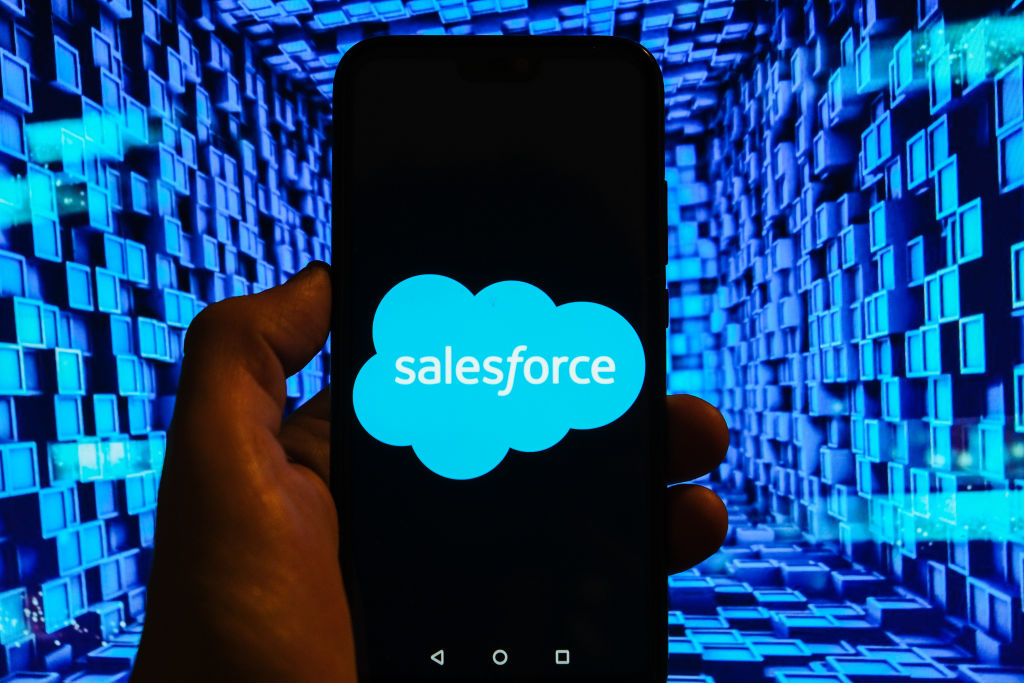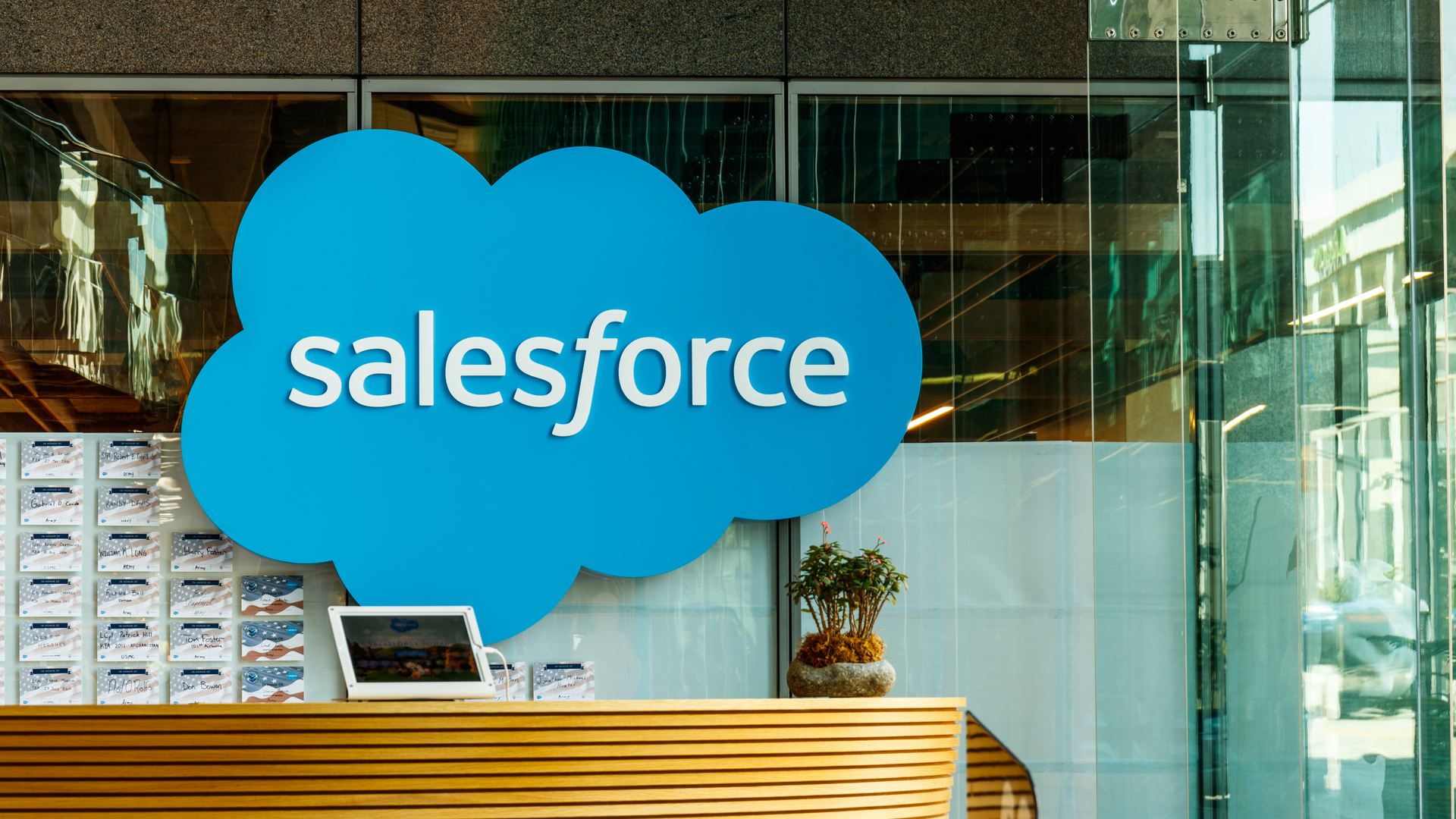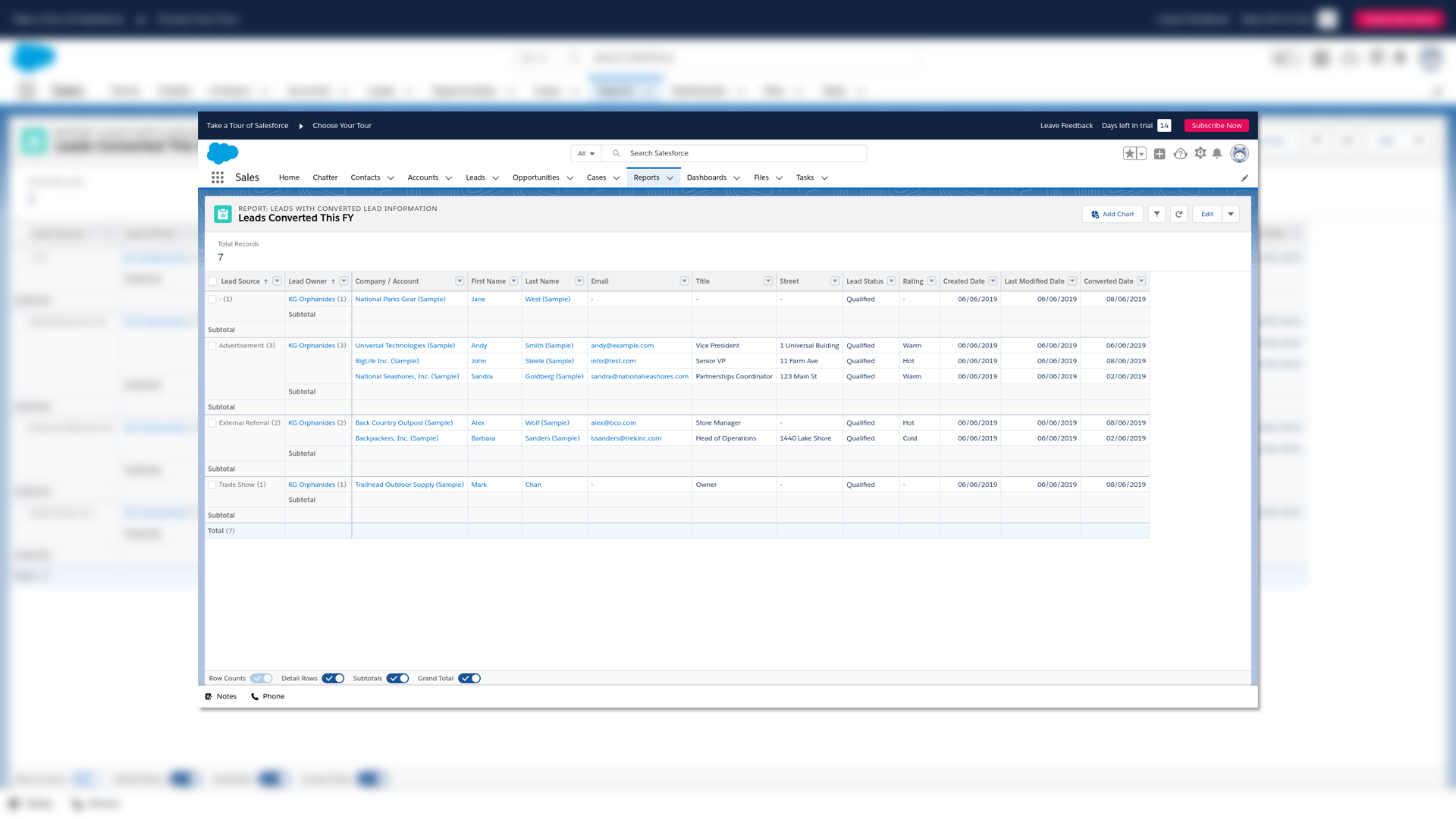Neil Young talks up Pono in a bid to "bring the feeling back in music" through technology
Iconic musician has partnered with key players to bring about change in the music industry


Musician and singer/songwriter Neil Young took to the stage at Salesforce's annual user conference Dreamforce this week to wax lyrical about how technology can and should change the face of music consumption forever.
To this end, Young, with the backing of the music industry, has launched Pono. Its core aim is to let users experience sounds as authentically as they were meant to be heard when recorded.
Hundreds of thousands of songs have already been 'ingested' into the system, according to Young, with at least one million and a half more to come. Though he didn't seem daunted by the challenge ahead when speaking at the event.
"I wanted to bring the feeling back in music... It's not about putting down one format over the other. It's about recreating the artist's vision and dream and what they actually accomplished... [It took a while] to get it to a place where people can actually hear and feel the love in the music, and feel the vibrations of the greatest art that I've ever seen or heard," Young told delegates during his keynote speech on the final day of the conference.
"Technology is supposed to provide a better life. That is why we have technology. Pono is an example of how we can make things better with technology. It brings a feeling, an input into your body that has been missing. We haven't had this before. Music has turned into background noise. It's not enough to simply recognise song and an artist. We shouldn't settle for that. It's the 21st century and it's time for us to feel the technology.
He added: "All of the artists I've shown this to are 100 per cent behind this because they're crying in their hearts. Because everything that they've done for their whole lives have created art over decades and decades - from Joni Mitchell to Carole King to countless others - they are sad that no-one can hear what they created. I know if Frank Sinatra was here today he'd feel the same way about his great recordings with the Nelson Riddle orchestra.
"It's the history of recorded sound which is in jeopardy not just this week's new records. It's about restoring the quality and preserving it for years and years to come. If we win the other battles, our descendants will still be heard and want to hear the history of sound. People in schools will want to study the history and evolution of music. Why should they be looking at [photocopies] of Picasso's? They should be listening and feeling what the music was."
Get the ITPro daily newsletter
Sign up today and you will receive a free copy of our Future Focus 2025 report - the leading guidance on AI, cybersecurity and other IT challenges as per 700+ senior executives
Young said the power of music and the way in which it was recorded and resultant sound move generations at the time of creation and that it should have the power to do just that ad infinitum.
Pono takes its name from the Haiwaiin for the "one", according to Young. "[It means] righteous, the original, pure, the essence." He said he was trying to achieve just that using the latest and greatest technology.
He likened his aim with Pono to the way in which Steve Jobs and Apple brought music to the masses through the first iPods,which enabled people to have music at their disposal in their pockets.
"That was a pioneering move that will go down in history as one of the greatest things that ever happened. But like all of these things, they're merely foundations for building better things. And that's where Pono lives. Right on the edge of the MP3 generation, taking them one step further into the future of feelings, art and preserving the entire history of recorded sound for as long as we're all here on this planet."
At present, the main offerings are a website (ponomusic.com), what Young calls Ponoworld and a player. But a mobile app is also in the offing, according to Young.
"Ponoworld is in its infancy. It's just a baby in its simplest, simplest state. It's only goal is to explain to your soul what it has missed so that you can feel the magic in the music. "
He said he had many thousands of tracks to go in the ingestion process.
"A lot of you are tech savvy. But there are a lot of people, like me, who aren't. A lot of people are intimidated by technology and a lot of them remember the history of recorded sound and want these albums. For those people we have the Pono Personal Shopper," Young added.
Such users, simply phone up and say what they want and it's added for them.
"We recognise that not everyone is a technology expert and we respect them for their lives they've had without technology."
To get people talking about and sharing their experiences of music, Pono is making use of the Salesforce1 Community Cloud.
"It's a great marriage," he said. "The Community Cloud and Pono are working together to allow you to discuss the track, album or artist you're looking at. Right away you're connected to that community who are also looking at that or who are fans. So you can ask questions and have discussions. It's the social aspect of purchasing and the experience or buying and selling married with the human experience of communication and being able to share feelings."
Maggie has been a journalist since 1999, starting her career as an editorial assistant on then-weekly magazine Computing, before working her way up to senior reporter level. In 2006, just weeks before ITPro was launched, Maggie joined Dennis Publishing as a reporter. Having worked her way up to editor of ITPro, she was appointed group editor of CloudPro and ITPro in April 2012. She became the editorial director and took responsibility for ChannelPro, in 2016.
Her areas of particular interest, aside from cloud, include management and C-level issues, the business value of technology, green and environmental issues and careers to name but a few.
-
 Should AI PCs be part of your next hardware refresh?
Should AI PCs be part of your next hardware refresh?AI PCs are fast becoming a business staple and a surefire way to future-proof your business
By Bobby Hellard Published
-
 Westcon-Comstor and Vectra AI launch brace of new channel initiatives
Westcon-Comstor and Vectra AI launch brace of new channel initiativesNews Westcon-Comstor and Vectra AI have announced the launch of two new channel growth initiatives focused on the managed security service provider (MSSP) space and AWS Marketplace.
By Daniel Todd Published
-
 Salesforce to trial green AI tools to help companies fast-track their journey to net zero
Salesforce to trial green AI tools to help companies fast-track their journey to net zeroNews An agreement with the Australian government will also see the tech giant set up a staff tech hub in Adelaide
By Zach Marzouk Published
-
 Dreamforce 2019: View from the airport
Dreamforce 2019: View from the airportOpinion Time has been called on Salesforce’s big shebang for another year, so what did Dreamforce 2019 deliver?
By Maggie Holland Published
-
 Salesforce unveils Customer 360 Truth in quest to provide single source of data reality
Salesforce unveils Customer 360 Truth in quest to provide single source of data realityNews Organisations will be able to better understand customers and, in turn, personalise and enhance their experiences, according to Salesforce
By Maggie Holland Published
-
 Salesforce appoints new UK leader to cement focus on local growth
Salesforce appoints new UK leader to cement focus on local growthNews Dame Jayne-Anne Gadhia will join the firm in a leadership role from October
By Maggie Holland Published
-

 Salesforce Essentials review: Stripped-back CRM wins on functionality
Salesforce Essentials review: Stripped-back CRM wins on functionalityReviews The SMB edition of one of the world's most popular sales tools dials down both cost and complexity
By K.G. Orphanides Published
-
 Salesforce revenue rockets 25%
Salesforce revenue rockets 25%News The company has set its sights on achieving $20 billion revenues by 2022
By Clare Hopping Published
-
 We need more women, claims Salesforce CEO
We need more women, claims Salesforce CEONews Marc Benioff eyes up more female recruits to help drive the company - and the industry - forward
By Maggie Holland Published
-
 Salesforce acquires digital marketing firm ExactTarget for $2.5bn
Salesforce acquires digital marketing firm ExactTarget for $2.5bnNews Cloud computing giant Salesforce continues acquisition spree with latest conquest.
By Maggie Holland Published